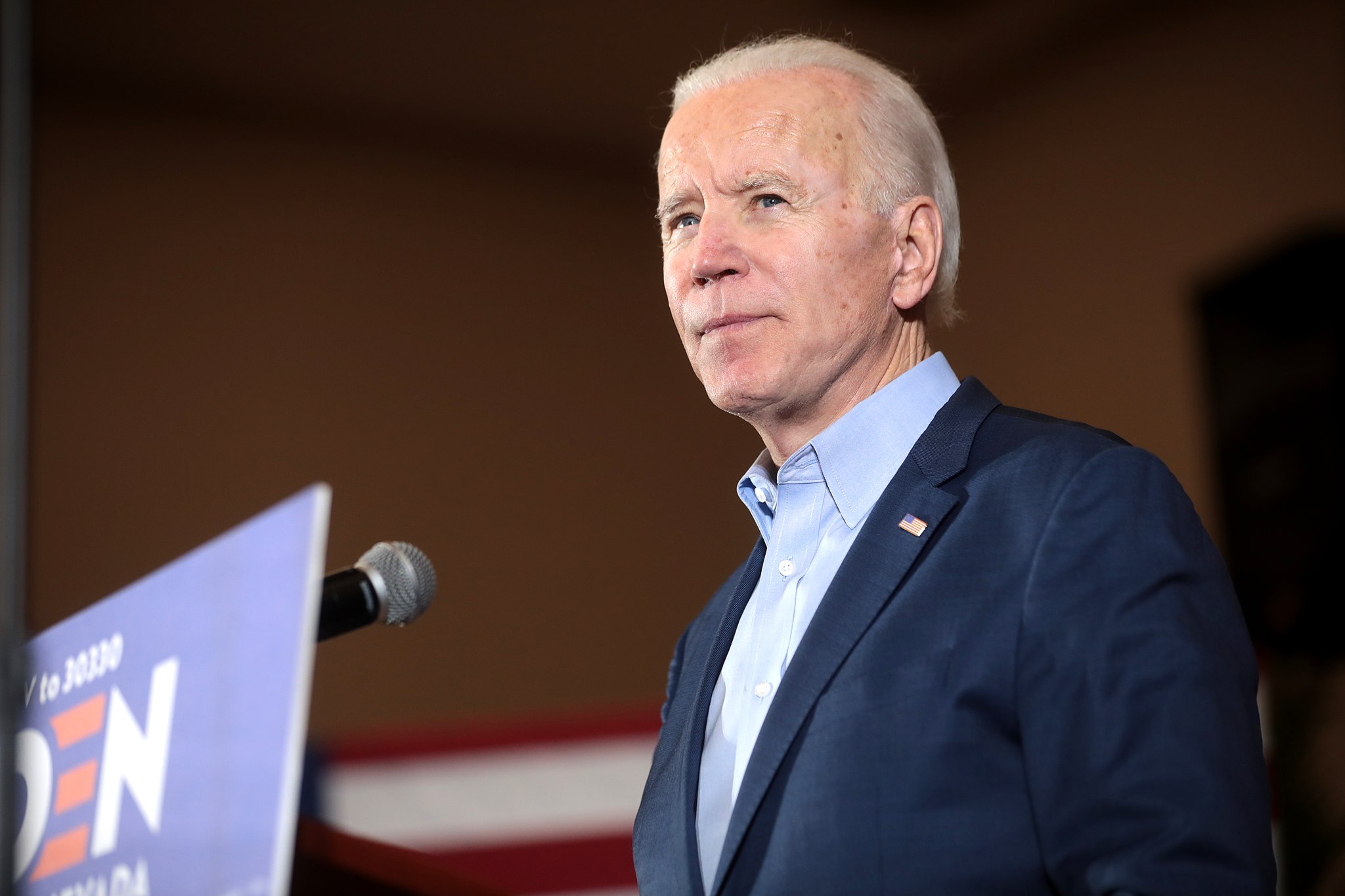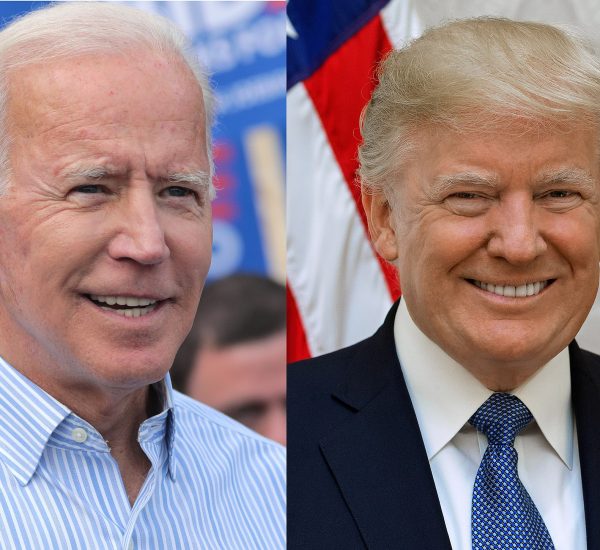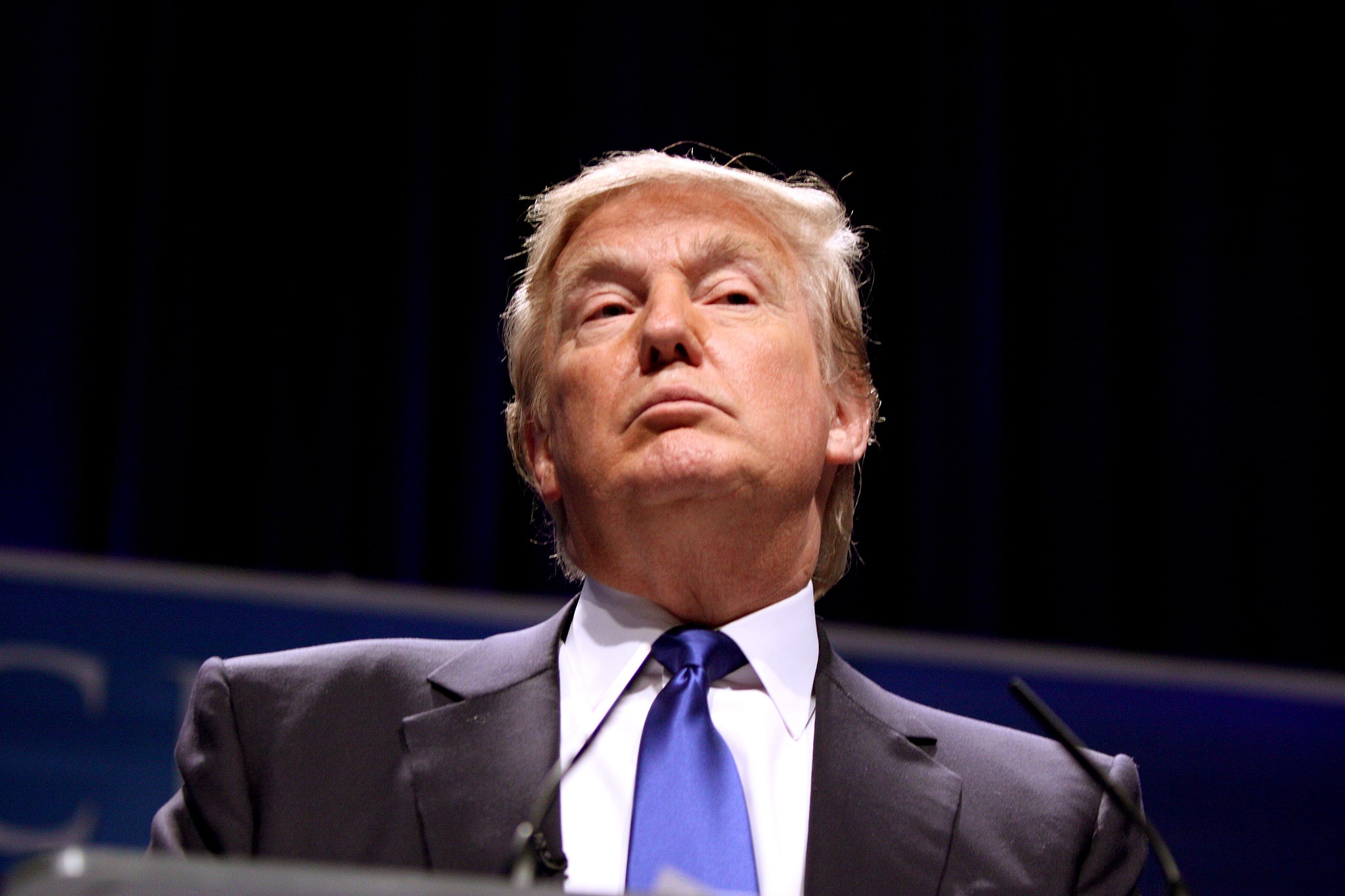BREAKING: Trump Georgia Case Dismissed?
This needs to happen badly.
In a recent court filing challenging the indictment against former President Donald Trump in the Georgia election interference case, his legal team contends that the charges aim to criminalize protected political speech and advocacy conduct, which the First Amendment safeguards.
Set for a hearing on Thursday, Fulton County Judge Scott McAfee will consider arguments presented by Trump’s lawyers as well as additional pretrial motions brought forward by former Georgia GOP chair David Shafer. Shafer’s defense asserts his lawful actions when he and fellow state Republicans endorsed a certificate affirming Trump’s victory in the 2020 presidential election in Georgia, declaring themselves as the state’s legitimate electors.
Despite objections from Trump and other defendants, McAfee is pressing forward with the case, even as efforts are made to disqualify District Attorney Fani Willis. Willis obtained an indictment in August against Trump and 18 others, alleging their involvement in a scheme to unlawfully overturn the 2020 presidential election results in Georgia. While four individuals have pleaded guilty, Trump and the remaining defendants maintain their innocence.
Trump’s legal team outlined five areas of alleged criminal conduct in their filing, including the submission of Republican elector certificates, requests for a special legislative session, involvement in election-related lawsuits, a phone conversation with Georgia Secretary of State Brad Raffensperger, and correspondence with Raffensperger in September 2021. They argue that such actions are protected political speech and discussion, encouraged by the First Amendment.
Prosecutors, however, contend that the indictment is rooted in criminal acts rather than protected speech. They maintain that while speech may be involved, it is integral to criminal conduct such as fraud, perjury, or solicitation, rather than genuine political discourse.
In Shafer’s case, most charges relate to his role in organizing Georgia Republicans to cast Electoral College votes for Trump despite the state’s certification of Biden’s victory. His defense argues that his actions were lawful at the time, based on legal counsel and compliance with the Electoral Count Act.
Shafer’s lawyers have also petitioned to strike certain phrases from the indictment, asserting prejudicial legal conclusions regarding the validity of electoral votes. Prosecutors counter by emphasizing that such phrases are integral to the allegations and do not warrant dismissal of the indictment.
Despite challenges to her position, including criticisms from McAfee and the dismissal of several counts in the indictment, Willis remains committed to prosecuting the case, with a trial potentially commencing in August.





